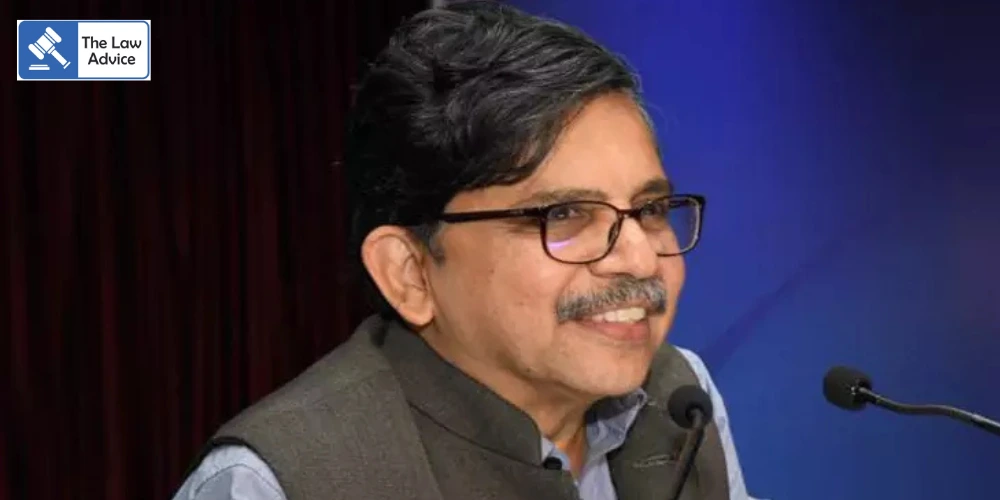
In a candid revelation that raises fresh questions about judicial independence, former Supreme Court judge Justice Madan B. Lokur has disclosed that the Union Government repeatedly pressed the Supreme Court Collegium to transfer Justice S. Muralidhar from the Delhi High Court, citing displeasure with a particular judgment he had delivered.
The disclosure appears in Justice Lokur’s essay in the recently published book “[In]Complete Justice? Supreme Court at 75”, where he narrates how, during his tenure in the Collegium, the government insisted on shifting Justice Muralidhar out of Delhi. Lokur says he opposed the move, arguing that no transfer should ever be grounded in the displeasure of the Executive over a judicial verdict.
“On one occasion, I got the distinct impression that the CJI was advised by the Executive to effect a transfer—that of Muralidhar J. out of Delhi HC for a judgment he had delivered. In my view, that certainly cannot be a ground for transfer; and so, I expressed my disagreement with the proposal, and the CJI readily accepted my view,” Justice Lokur recounts.
Justice Lokur retired in December 2018, but according to him, the demand for Justice Muralidhar’s transfer resurfaced almost immediately thereafter. At that stage, Justice A.K. Sikri—who succeeded him in the Collegium—stood firm against the transfer.
However, following Justice Sikri’s retirement in March 2019, the matter was raised again. This time, without strong resistance within the Collegium, the transfer proposal went through. Ultimately, Justice Muralidhar was “arbitrarily” transferred from the Delhi High Court to the Punjab and Haryana High Court in February 2020, Lokur writes.
Justice Muralidhar’s transfer had triggered widespread outrage at the time, as the order was notified within hours of his strongly worded judgment pulling up the Delhi Police for failing to register FIRs against politicians accused of making inflammatory speeches during the communal violence in Delhi that year.
The sequence of events led to speculation that the transfer was punitive in nature, a move to silence an outspoken and independent judge. Many members of the Bar and civil society criticised the decision, with the Delhi High Court Bar Association even passing resolutions condemning the manner in which it was carried out.
Justice Lokur’s account underscores longstanding concerns about the opacity of the Collegium system, which decides judicial appointments and transfers. He candidly observes that the Executive appears to influence the Collegium’s functioning, at least in some instances, undermining the principle that judges must be immune from governmental pressure.
“It appears that after my retirement from the Supreme Court of India, the transfer issue was raised again. But the new entrant to the Collegium, Sikri J., held the same view, and he too opposed the proposed transfer. After the retirement of Sikri J., Muralidhar J. was arbitrarily transferred out of the Delhi HC to the Punjab and Haryana HC,” he notes.
The episode highlights how the tenure and retirements of Collegium members can directly affect outcomes on contentious appointments and transfers, raising questions about the need for greater transparency and accountability in the process.
Justice S. Muralidhar, widely regarded as one of the most independent and courageous judges of his time, has delivered a series of bold judgments—ranging from upholding civil liberties and minority rights to holding State agencies accountable.
His 2020 order concerning the Delhi riots and earlier decisions defending fundamental rights cemented his reputation as a judge unwilling to bow to political pressure. It is this judicial independence, Justice Lokur’s essay suggests, that may have prompted repeated attempts by the government to move him out of Delhi.
Recently, Justice Abhay S. Oka, who retired from the Supreme Court in 2024, also remarked that Justice Muralidhar may have “faced consequences for his bold orders” in connection with the Delhi riots case. These comments, coupled with Justice Lokur’s revelations, reignite debate over whether judicial transfers are being misused as a tool of control rather than as an administrative measure.
Website designed, developed and maintained by webexy